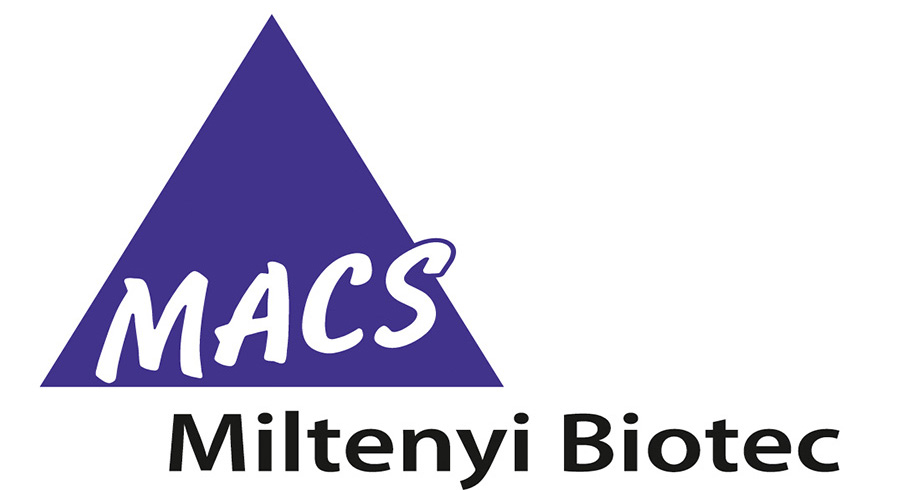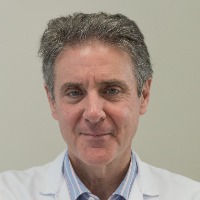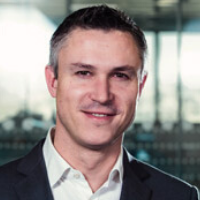Oct
17
2019
On demand
Moving towards decentralized manufacturing of cell and gene therapy products through automation
Thursday 08:00 PDT / 11:00 EDT / 16:00 BST / 17:00 CEST
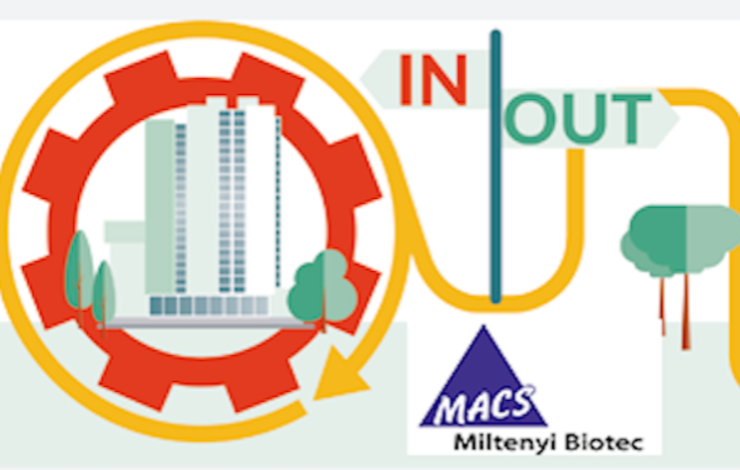
Sponsored by:
Current manufacturing practices for most cell therapy processes follow a centralized manufacturing model to control consistency and quality of the final drug product. However, challenges arise when the demand for cell therapy product increases and production is strained due to overly manual production methods. This can make a centralized manufacturing model an unfavourable option for large scale production of cell and gene therapy products. Early implementation of automation can support your production of CAR T cells following a decentralized manufacturing model. Watch this On Demand webinar to learn more about implementing automation for your decentralized manufacturing process with high quality final products.
- Why implement a decentralized manufacturing process?
- How to obtain drug product consistency when decentralizing your manufacturing process
- How to overcome the challenges associated with upscaling cell therapy production through automating your process
- What technology is currently available for automating CAR T cell production processes?
You might also like
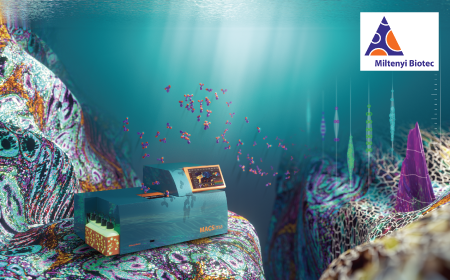
Same-section spatial multiomics: a platform for detailed analysis of the solid tumor TME
Emily Neil, Ariadna Pascual
27 June
in 70
Days
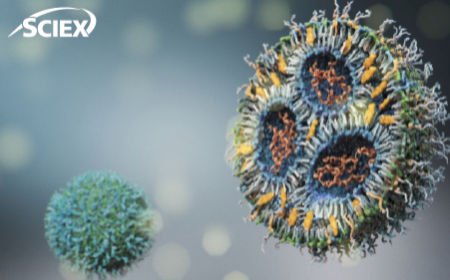
Pure and simple: understanding LNP analytics for better mRNA-based drugs
Adam Crowe
29 May
in 41
Days
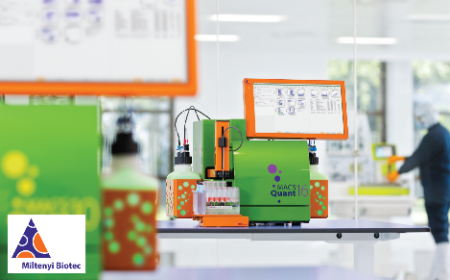
Empowering patient care: in-process and quality control solutions for cellular therapies
Christin Tischner, Simon Lennartz
23 May
in 35
Days
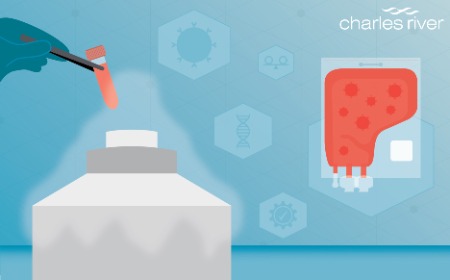
T cells from beginning to end: optimizing leukopak and drug product cryopreservation
Meredith Safford, ShaNelle Yelity
22 May
in 34
Days
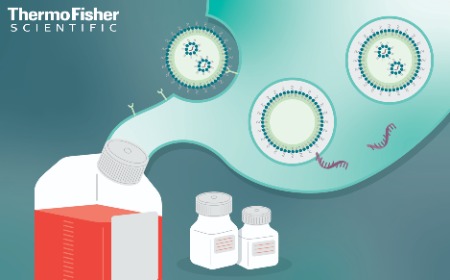
Mastering AAV production: best practices For small- to large-scale manufacturing success and reduced development time
Emily Jackson-Holmes
21 May
in 33
Days
